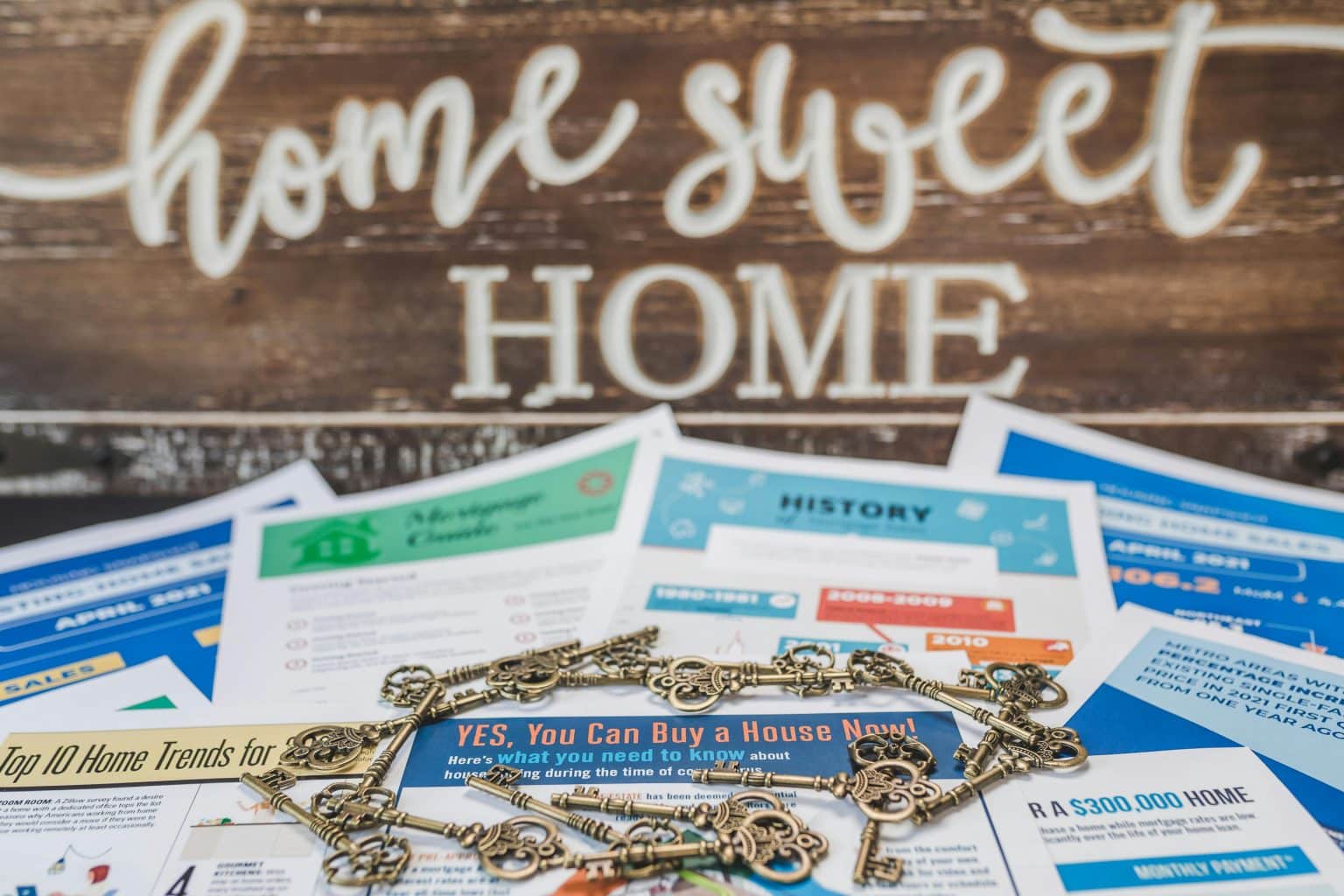If you’re on the hunt for a new home, you’ve probably come across the terms freehold and leasehold—but what do they really mean? And more importantly, how do they affect you as a homeowner?
Whether you’re stepping onto the property ladder for the first time or you’re a seasoned buyer, understanding the difference between leasehold and freehold is essential. It’s not just legal jargon—this choice impacts how much control you have over your property, what ongoing costs you’ll face, and even how easy it might be to sell in the future. If you’re searching with the help of estate agents in Wolverhampton, chances are they’ve already mentioned it. But let’s break it down in simple terms here.
What Does Freehold Mean?
Owning a freehold property means you own both the building and the land it stands on—outright. There’s no time limit on your ownership, and you won’t be answering to a landlord or freeholder.
It’s the most straightforward type of ownership and gives you full responsibility over your property. You’re in charge of maintenance, repairs, and any decisions about what you do with your home (within planning laws, of course).
Typical examples of freehold properties include standalone houses—though not all houses are automatically freehold, especially newer builds.
So What Is Leasehold?
A leasehold property, on the other hand, means you own the property itself, but not the land it sits on. You’re essentially leasing it from the freeholder for a set number of years, sometimes decades—or even centuries.
You’ll likely have to pay ground rent, service charges, and possibly other fees. You might also need permission to make significant changes to the property. And when the lease gets shorter—particularly if it dips below 80 years—it can become trickier to sell or remortgage.
Flats and apartments are usually leasehold, especially when part of larger buildings or developments.
Main Differences at a Glance
| FEATURE | FREEHOLD | LEASEHOLD |
| Ownership | You own the building and land | You own the property for a set time |
| Ongoing Fees | None (unless private estate) | Ground rent, service charges, etc. |
| Control | Full control over property | Restrictions may apply |
| Responsibility | Yours entirely | Shared with landlord/freeholder |
| Time Limit | None | Lease typically 99–125 years, sometimes longer |
Pros and Cons of Each
Freehold Pros:
· No ground rent or service charges
· Full ownership and control
· Easier to sell or pass on
Freehold Cons:
· All maintenance and repair costs fall to you
· Often more expensive upfront
Leasehold Pros:
· Often cheaper than freehold in the short term
· Shared responsibility for maintenance in flats
Leasehold Cons:
· Ongoing costs can add up
· May face restrictions on changes
· Lease extensions can be costly
Why This Matters for Buyers in Wolverhampton
If you’re looking at homes with estate agents in Wolverhampton, you’ll find a mix of freehold houses and leasehold flats across the area. While many traditional properties are freehold, new developments—especially flats—tend to be leasehold.
It’s not a case of one being “better” than the other, but it is important to know what you’re signing up for. A freehold home might offer more peace of mind and fewer surprise costs, while a leasehold flat may be more affordable and easier to maintain—if the lease terms are reasonable.
What to Ask Before Buying Leasehold
If you’re viewing a leasehold property, be sure to ask the right questions early on:
· How many years are left on the lease? The longer, the better.
· What are the annual costs? Ground rent, service charges, building insurance—get the full picture.
· Are there any restrictions? Some leases limit renovations, subletting, or even pet ownership.
· Who manages the building? A responsive and transparent freeholder or management company makes a big difference.
These details can make or break your decision.
Are Leasehold Laws Changing?
Yes—over the past few years, leasehold properties have been under government scrutiny, especially due to unfair practices like escalating ground rent. Reforms are being discussed to make leasehold ownership fairer, including the potential to scrap ground rent on new leases altogether.
While these changes won’t happen overnight, it’s worth staying informed. Good estate agents in Wolverhampton will be aware of upcoming changes and can help you make a well-informed decision.
Final Thoughts
Choosing between freehold and leasehold isn’t just a legal detail—it shapes your experience as a homeowner. It influences what you pay, how much freedom you have, and how easily you can make changes or sell in the future.
So before falling for a beautiful bay window or a modern kitchen, ask whether it’s leasehold or freehold—and get to grips with what that means.
And if you’re unsure, speak to trusted estate agents in Wolverhampton who know the local market inside out. They’ll guide you through the details and help you find a home that suits your lifestyle, budget, and long-term plans.



